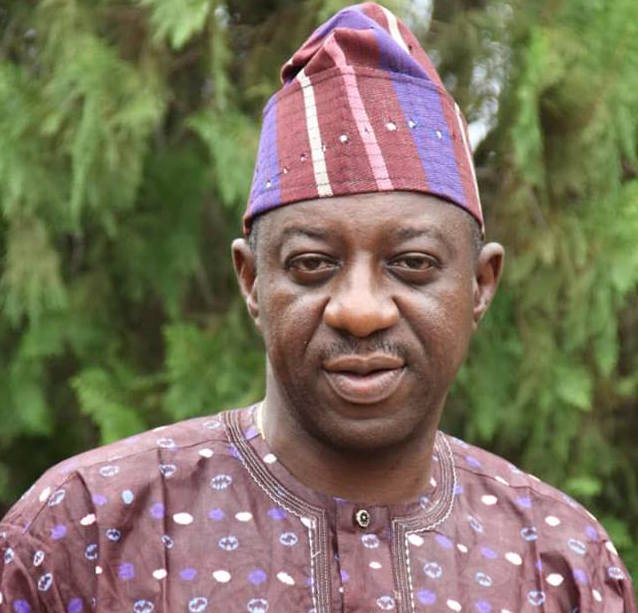The Nigerian Communications Commission (NCC) has promised telecommunications service consumers in the country of its commitment, as a consumer-centric industry regulator, improved services from mobile network operators (MNOs) and other service providers on a sustainable basis.
The commission’s Executive Commissioner (Stakeholder Management), Barr. Adeleke Adewolu, gave this assurance in his opening remarks at the World Consumer Right Day (WCRD) 2023 with the theme ‘Empowering Consumers through Clean Energy Transition’ held Wednesday in Abuja.
He described the World Consumer Rights Day (WCRD) as one of the most important dates in the NCC’s annual calendar of events set aside to celebrate the industry’s most important stakeholder group, that is, the consumers.
The Executive Commissioner said: “This year, we are pivoting our celebrations around a theme which allows us to design more environmentally sustainable service models so that we can truly serve our consumers better.”
According to him, the theme of WCRD 2023 allows the commission to carefully examine the unintended side-effects of the critical social infrastructure in the nation’s telecom environment.
Adewolu disclosed that as of end of January this year the Nigerian telecoms industry had over 226 million voice customers and over 156 million internet customers, who were leveraging on communications infrastructure for social interaction, health service, access to education, banking, and other services
While noting that as consumer volumes and service diversity continue to grow, it has become imperative for network operators to roll-out more infrastructure for coverage in new, mostly rural areas, and for network expansion in already saturated urban markets.
He further clarified: “Emerging technologies like 5th Generation (5G) mobile services will also require more infrastructure. These infrastructure components are mostly powered by fossil fuels to ensure 100% availability. Without pre-empting the planned discussions about the environmental impacts of these activities, it is important that we ask ourselves some pertinent questions.
“Are there more environmentally conscious means by which we can power network infrastructure and reduce our carbon footprint?” he queried.






